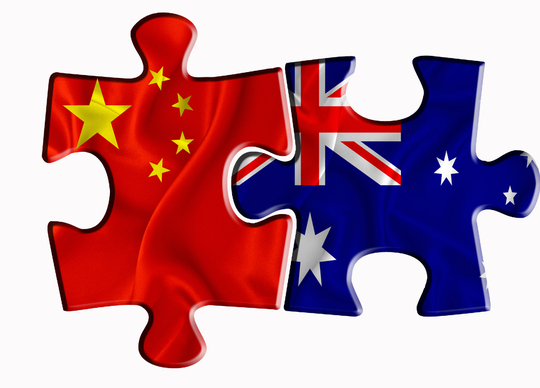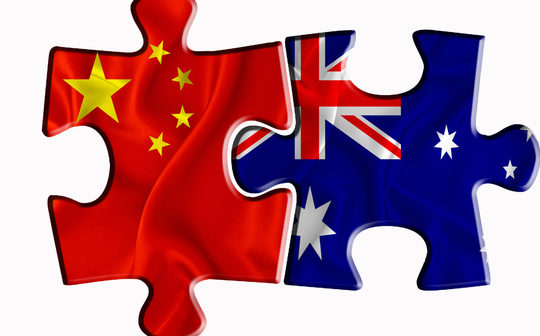
By Staff Writer.
The Opposition has accused the Australian Government of weaponizing the national security debate in the lead up to the federal election as current and former spy chiefs warn politicising the issue is unhelpful.
ASIO’s annual threat assessment earlier this month outlined attempted foreign state interference in Australian election campaigns. Reports suggest Chinese intelligence sources have tried to finance NSW-based Labor candidates in the forthcoming federal election.
Prime Minister Scott Morrison and Defence Minister Peter Dutton have since accused Labor of being weak on national security and being the Chinese Government’s preferred governing party in Australia.
“The leader of the Labor Party is the Chinese government’s pick at this election,” said the Prime Minister on Thursday.
“It is utterly irresponsible, deeply reprehensible and entirely inaccurate and frankly, it’s desperado stuff from the government in the lead up to the election,” said Opposition frontbencher Chris Bowen in response.
“On every single strategic matter, the Labor Party has acted in the national interest. There has not been one policy difference.”
On the same day, Opposition Leader Anthony Albanese used parliament to accuse the Prime Minister in of being the “Manchurian candidate.” This came as Mr Albanese confirmed he spoke to ASIO Director General Mike Burgess ahead of attending a 2020 event in Sydney in honour of a controversial Chinese born Australian businessman.
This week, under parliamentary privilege, Labor Senator Kimberley Kitching named that man and accused him of been behind the disrupted interference plot. It’s a claim the accused man rejects.
With a federal election just months away, the Australian Government’s national security push is an attempt to differentiate itself from Labor. It follows a long running bi-partisan pushback against China as that country uses stepped up military aggression, trade sanctions, cyberspace incursions, and political interference to disrupt the affairs of a number of nations, including Australia.
In late 2020, China released a list of 14 grievances against Australia that it said “poisoned bilateral relations.”
This week’s political flare up could also be seen as an attempt by the Australian Government to take the national security discussion back from public servants and academics and instead place it in the political arena. However, senior national security bosses say national security should not be a political football.
“I’ll leave the politics to the politicians, but I’m very clear with everyone that (the politicisation of national security) is not helpful for us,” Mike Burgess told ABC 7.30 this week.
In the same interview, Mr Burgess said foreign actors targeted Government as well as Opposition members.
The current ASIO Director General’s predecessor, Dennis Richardson, also said that partisan disputes over China and national security were unhelpful.
“Any attempt to create artificial differences is puzzling,” he said. “I don’t believe it can be objectively stated that the opposition has sought to appease China. It has been consistently critical of human rights abuses in China.”
“The tradition in Australia has been that governments seek to promote bipartisanship on critical national security issues …. all of that is in the national interest.”
Much of the debate this week took place while parliament sat, and media interest centred on Canberra. However, Thursday was the final parliamentary sitting day until March 29.






